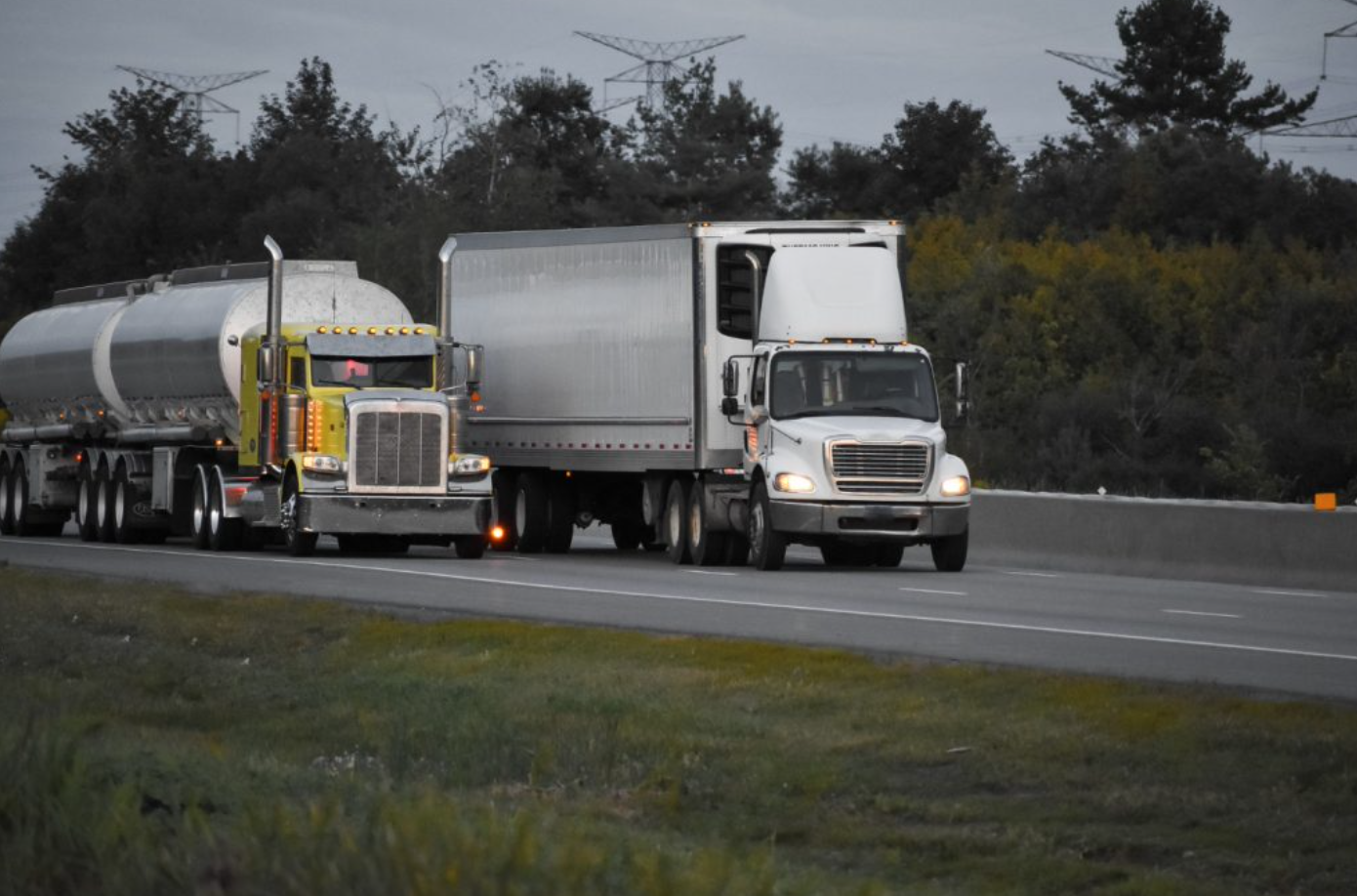Legal liability can fall on drivers, trucking companies, or other parties, while the financial burden can include property damage, medical expenses, and legal costs.
Truck driving accidents can lead to many legal and financial challenges, affecting everyone involved. Due to the significant size and weight of commercial trucks, such accidents can cause substantial damage, which often leads to complex legal and financial repercussions. Understanding these implications can better prepare truck drivers, companies, and victims to address the aftermath effectively and responsibly.
Understanding Legal Responsibilities
When a truck driving accident occurs, determining legal responsibility is a critical first step. Liability can fall on multiple parties, depending on the circumstances of the accident.
Truck Driver Responsibilities
Truck drivers have a professional duty to operate their vehicles safely and within the limits of established traffic laws. Factors such as adhering to speed limits, avoiding distracted driving, and complying with hours-of-service regulations are crucial. If a driver acts negligently, they may be held liable for damages resulting from the accident. For example, driving under the influence or failing to secure cargo safely can directly impact the driver.
Company’s Role in Liability
Trucking companies must ensure that their vehicles are well-maintained, provide adequate training for drivers, and comply with government regulations. If a lack of maintenance, poor hiring practices, or unrealistic scheduling pressures contributed to the accident, the company could share liability. Additionally, truck manufacturers, cargo loaders, or third-party contractors may also be implicated. Legal responsibilities are often complicated by overlapping state and federal regulations. Understanding how these laws apply is essential for determining fault and pursuing proper legal action.
Financial Consequences
The financial impact of a truck driving accident is often extensive. Accident-related expenses can affect both individuals and businesses, causing long-term repercussions beyond the initial incident.
Property Damage
One of the most immediate financial consequences of a truck accident is damage to vehicles and infrastructure. The sheer size of commercial trucks means they are likely to cause more significant damage than an average passenger car accident. Repair or replacement costs can be substantial.
Medical Expenses
Truck accidents often lead to severe injuries, requiring medical care that can include everything from emergency response to long-term rehabilitation. These costs can quickly accumulate, placing immense financial strain on victims and their families.
Lost Income
Both drivers and accident victims may lose income if injuries prevent them from working. For trucking companies, there may also be a financial loss due to delayed deliveries, damaged goods, or vehicle downtime.
Legal Fees and Compensation
If a victim or party involved files a lawsuit, legal fees, settlements, or court-mandated compensation can represent a significant financial burden. These costs could include payments for pain and suffering, lost earning potential, or punitive damages, depending on the case’s specifics.
Impact on Insurance Premiums
Regardless of fault, truck accidents can lead to increased insurance premiums for drivers and companies. A higher frequency of claims or history of accidents makes businesses a greater insurance risk, further driving up costs.
Navigating Insurance Claims
Insurance plays a central role in addressing the financial fallout of truck accidents, but the claims process can often be complex and time-consuming. Here are a few considerations for navigating insurance claims effectively:
Understanding Policies
Truck drivers and companies typically carry commercial vehicle insurance, which provides coverage for accidents, property damage, and liability. Understanding the policy’s constraints, limits, and exclusions is essential for ensuring adequate compensation.
Gathering Evidence
Strong evidence often determines the success of an insurance claim. Key evidence includes accident reports, photographs, medical records, and witness statements. Truck-specific information, such as driver logs or vehicle maintenance records, can also be critical.
Negotiating Settlements

Insurance companies may attempt to minimize payouts, so it’s important to approach settlement negotiations carefully. Having a clear understanding of accident-related costs and consulting with legal or insurance professionals can strengthen your position during negotiations.
Filing Within Deadlines
Insurance carriers often enforce strict deadlines for filing claims. Delays can lead to denied compensation, so acting promptly after an accident is critical to ensure that all necessary documentation and evidence are gathered in a timely manner.
For legal and financial issues that extend beyond standard insurance coverage, consulting with an attorney for additional info in truck accidents is often advisable. They can help clarify liability, advocate for fair compensation, and manage the complexities of large-scale claims. The legal and financial implications of truck driving accidents are often intricate and far-reaching. Legal liability can fall on drivers, trucking companies, or other parties, while the financial burden can include property damage, medical expenses, and legal costs. Understanding these aspects is critical for individuals and businesses to recover effectively and responsibly. By being aware of legal responsibilities, planning for financial risks, and properly navigating insurance claims, both truck drivers and companies can mitigate challenges. Whether you are a professional driver, business owner, or accident victim, seeking professional guidance and prioritizing thorough preparation are essential steps in addressing the aftermath of a truck-related accident.


Join the conversation!